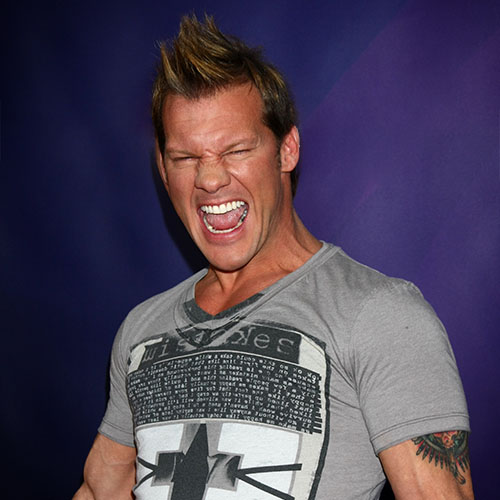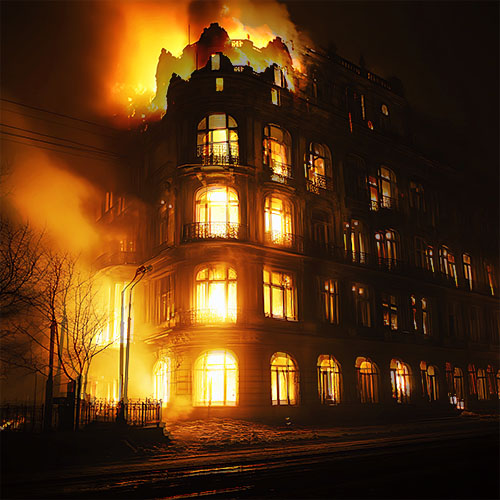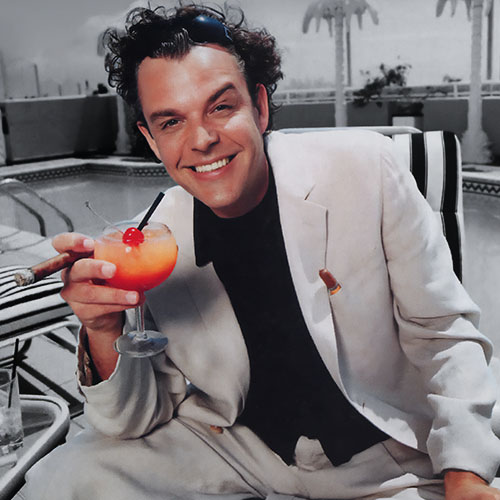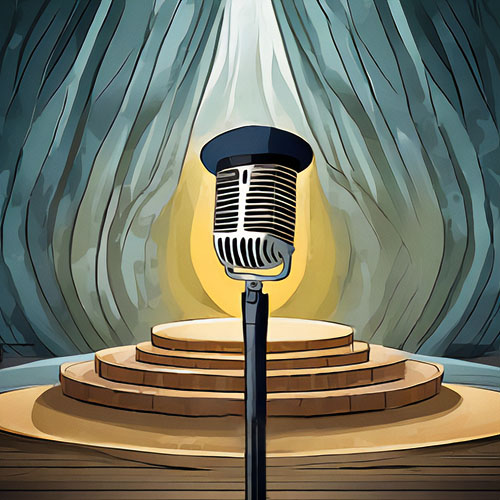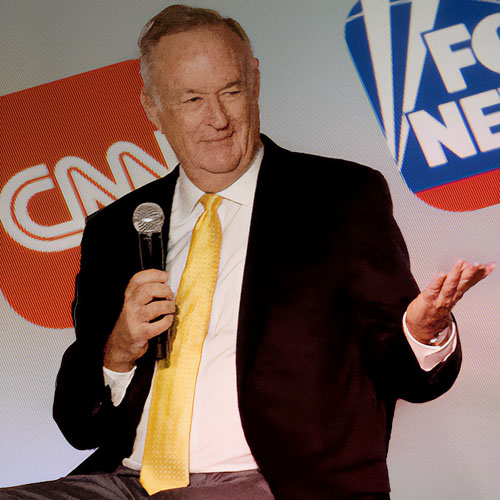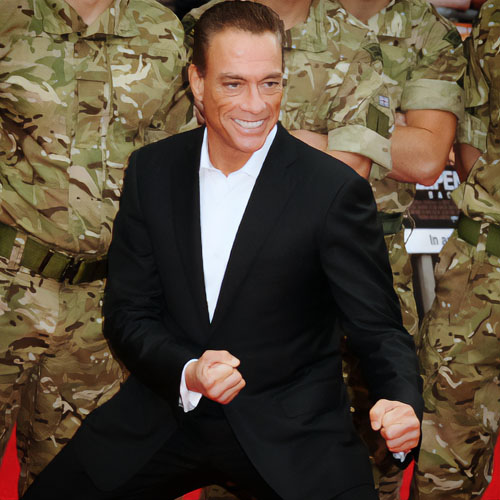You'd think that guys who get all the breaks might be satisfied. Take Charlie Sheen. Handsome, talented, a bachelor, bucks in the bank, and a movie star. What more could he want? An Oscar? An Emmy? A juicy role in his pal Oliver Stone's next movie?
Charlie’s Angels
Charlie shakes his head. Well, there’s certainly not a dearth of beautiful women in his life. Hell, I was with him when he turned down a date with a former Miss Universe because he wanted to spend the evening with his eight-year-old, Cassandra. So what does he want? “If I could have one mention· in The Baseball Encyclopedia,” he muses, “I’d die happy. One at bat in the big leagues would put me there, and I’ll take it over an Oscar any time.”
I met Charlie Sheen on a muggy, July morning at the Sherman Oaks home of Jeff Ballard. Jeff is Charlie’s public relations agent and his close buddy.
Sheen, who has the kind of face and smile that are going to keep him looking like 18 when he’s 80, greeted me with a firm handshake and an apology for being a few minutes late. Charlie was feeling good. His new movie, Fixing the Shadow – in which he plays true-life hero Dan Black, a cop who goes undercover to break up a drug-dealing motorcycle gang-has been completed and is scheduled to be released in February. He was happy to have some free time before shooting began on his next movie, Hot Shots 2, but more important, his beloved Cincinnati Reds had won five games in a row.
Charlie Sheen has an inexhaustible passion for baseball, and if you don’t know the game and its history, speak its language, and respect its rules of simplicity and symmetry, you’re missing a great deal about the man. It may be one explanation for why so much that has been written about the 27-year-old film star seems to be out in left field. Sheen’s treatment by the media has been little more than a Xeroxed list — ”bratpack,” “druggie,” and “porno star’s boyfriend” — of tabloid buzzwords and hyperbole.
“It’s funny,” Charlie says. “As much as they wanted to compliment me for my work, they’ve always tried to find something in my personal life to put some negativity on it. It’s like they want to keep some kind of balance. ’He does this good, but let’s not forget about those antics and shenanigans.’ I didn’t know there was a fucking rule book you had to adhere to when I became an actor. I thought it was a free country — with the exception of killing people or selling drugs or weapons, you could do your own thing.” Sheen made it clear that he has received some decent treatment by the media, but that he has been abused by the supermarket tabloids, “cat-box liner,” and television shows like “Entertainment Tonight.”
“I can give you dozens of examples,” Charlie shook his head in frustration. ’There’s this one tabloid reporter I know. She gets some germ of a rumor and expounds on it. She just goes nuts. I finally called and asked what her problem was. She said, ’Well, honey, we’re trying to create this bad-boy image for you, and it sells issues.’ I tried to reason with her by asking how she would feel if she was the target of those stories. Basically, she told me that the newspaper was trying to perpetuate a James Dean image for me. I lost it and said, ’Lady, James Dean died at 24, and that’s not the image I want.’ It made no difference. They’re hopeless.”
Not too long ago, the stereotyped bad-boy image had gotten so bad that Charlie decided enough was enough: “I figured, what the hell,” he recalled with a boyish grin, “it can’t get any worse. I decided to hire an actress or an extra from one of the studios. I’d have her at the Santa Monica Pier where she would have an accident and fall in the ocean. When she panicked and screamed, I – who just happened to be wandering by – would jump in and save her. In the next day’s newspapers I’d be a hero. I never did it, but it seemed like a good idea at the time. Nothing else was working to improve my image.”
Spending a few days with Charlie Sheen, I learned that his interests in reading material go beyond baseball and his press clippings. During our time together we had an on-and-off debate about the Kennedy assassination and Oliver Stone’s JFK. I had questioned the conspiracy theorists and thought that Stone had done a disservice in mixing fact and fiction in the film. Charlie disagreed with me about the assassination and Oliver Stone:
“Oliver does not pull any punches. He tells it like it is and I respect him for it, especially in a day and age when most movies are catering to public formula needs. Silence of the Lambs was a great film, but what does it really say about society? It won best picture of the year over JFK. the most important film in the last 20 years. The film changed the course of history because it is creating activity on opening the files on the assassination, which I think were altered years ago. As far as the fiction in the film, it was one man’s way of saying consider this possibility. It was his version within the facts available to him. It’s fiction in the same sense as Arlen Specter’s ’single bullet theory.’”
Charlie was talking about the Warren Commission when Jeff’s doorbell rang again. It was former child star Adam Rich from yesteryear’s TV series “Eight is Enough.’’ No longer looking childlike, the heavy and grim Adam had a few hours earlier been released from L.A. County Jail and a halfway house after serving time for several drug-related misadventures. Adam was under the gun and had been advised by his parole officer to get a job or else. Charlie listened sympathetically to his tale of woe. Before Adam left the room to speak to Jeff, Charlie promised to do what he could to help the former television star.
The visit disturbed Charlie, and he forgot about the assassination, Reds, Mets, and tabloids to talk about the Adam Rich, quick and slippery road of stardom in Hollywood: “You see, my brother [Emilio Estevez] didn’t go as nuts as I did when he started getting that first taste of it all. I just thought that’s what you’re supposed to do. You become a fucking overnight success and suddenly everything’s free. Everybody wants to be your best friend. It’s amazing and dangerous: The more money you make, the more things people want to give you for free. It should be the opposite. It’s very easy to get caught up with that fast life. Once you understand that you have to pay your way, you begin to handle your success and life.”
We decided to take a break for lunch, and headed to a Chinese restaurant in Sherman Oaks with Jeff. Throughout lunch Charlie challenged my knowledge of baseball trivia. Once you tell Charlie Sheen that you’re a baseball fan, he turns into that teacher we all dread, throwing spot quizzes at you at any time. Do your homework or don’t show up in Charlie’s classroom. He was disappointed that I hadn’t kept up with everybody who had played baseball in this century.
Before returning to Jeff’s house, we decided to walk a few blocks to the Scorecard, a store specializing in baseball, football, and basketball clothing. If there is any item of apparel out there with the Cincinnati Reds’ logo on it, Charlie Sheen will possess it. Although Charlie dresses down as much as possible-jeans, khaki jacket, and baseball cap drawn down to his eyes he was recognized throughout the three-block walk. While Sheen politely shook hands and signed autographs, his admirers never mentioned the movies. They knew what was on Charlie’s mind: “Whatta you think, Charlie,” was a typical question, “will the Reds catch the Braves?” Although a true Big Red Machine believer, Charlie’s reply was the stuff that makes baseball managers less than quotable: “It’s going to be tough, but we got a good shot at it.”
To be fair, Charlie Sheen does a great deal more than talk a good game of baseball; as they say, he walks the walk. He was a damn good pitcher, and had he not dropped out of high school, would have accepted an offer to play baseball at the University of Kansas. If you’ve seen Charlie in any of the baseball films he’s starred in, you would know that he’s not your typical actor attempting to be a baseball player. Without mentioning names, Charlie expressed his disdain for certain actors who’ve failed the attempt “I don’t know what those guys were doing as kids, but it sure as hell looks like it had nothing to do with a ball and bat.”
When he’s not playing baseball and reading everything written about it, Charlie spends hours watching videos of those he considers the masters of the game. He will describe every batting nuance of greats like George Brett, Tony Gwynn, and Wade Boggs. “They are trying to hit a 100-mile-per-hour pill being shot out of a great cannon,” is how Charlie describes what they are up against. He admires their poise, hard work, and discipline under pressure and strives to emulate them.
While filming Major League, Charlie, over a period of a few hours, had to throw 300 pitches-about 27 innings, or three complete games of baseball. He permanently in1ured his left shoulder, and because of the severe and chronic pain was forced to become a left-handed batter. After a lifetime of batting the other way, Charlie accepted the challenge and spent hours taking batting practice. “It’s amazing,” he explained, “but my vision’s a lot better, my bat’s a lot quicker, and in a year and a half I’m better than I ever was as a right-handed hitter.”
The great players are those who can go through a game striking out three times, but at that last at bat, with the game on the line, find something extra and deliver that winning hit. It’s that way with acting for Charlie: “Sometimes it’s work, sometimes it’s that something extra,” he explained. ’’I’m not going to lie to you, there are times you show up on the set and have two lines, and you simply walk through. It’s just work. Then there are certain scenes and moments, based on the intensity or intent of what you’re trying to pull off, that call for more of an all-out effort. That’s when you bring out your best.”
Doing your best is Charlie’s credo, but he recalled a time, during the filming of Wall Street, when it wasn’t always easy: “It was a rough time for me. I was living that New York nightlife. Fame had arrived, it was a fresh thing and everybody was my best friend. It didn’t matter if I had a 6 A.M. call, as long as the bar was serving until 4 A.M. I was there. I had to learn to do more than just try to make it to lunch. Fortunately, I realized that I’ve got a job a million other guys would die for and the responsibility to the money-paying public to give it my best shot.”
In Fixing the Shadow, he had to spend two months living with real-life, hard-assed, biker-gang members. Although the character he plays is the good-guy cop, I asked him if he could get caught up in that free-fall, outlaw lifestyle: “I could never go as far as those guys because I have a pretty good idea of right and wrong, black and white. There’s a certain point where I would have to draw the line. I don’t think those guys draw that line and that’s what separates us. It’s a strange world, and once we were finished filming I was happy to be out of there.”
Are there any parts Charlie would turn down? “I couldn’t play a child-molester, rapist, or wife-beater,” he claimed. “I would have a hard time getting it in my head to understand why guys would do that.” Then with that mischievous glint in his eyes, added “Well, if it was the role of a lifetime, and it was the time to play a real scumbag, maybe I would.”
Until then, he’ll keep hoping for that mention in The Baseball Encyclopedia and try to console himself with his career, talent, success, good looks, daughter, siblings, parents, friends, et cetera. He’s okay. Charlie Sheen knows that some guys get all of the breaks.

















